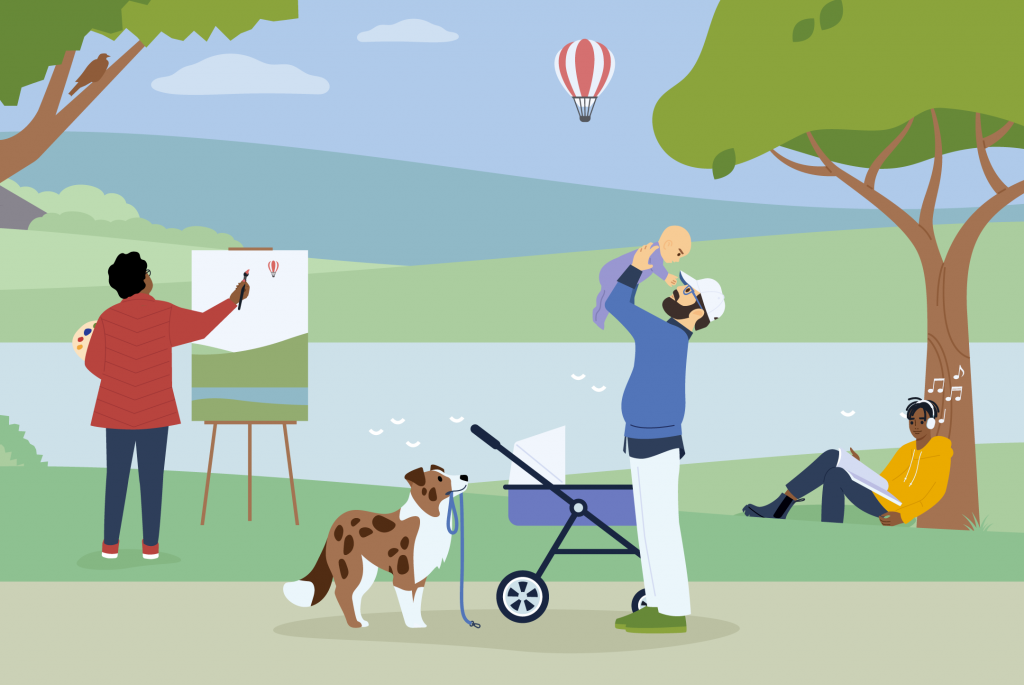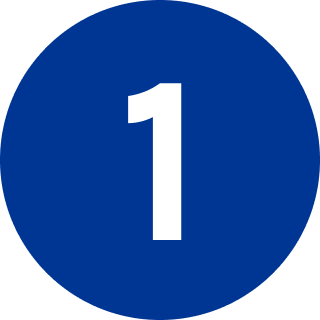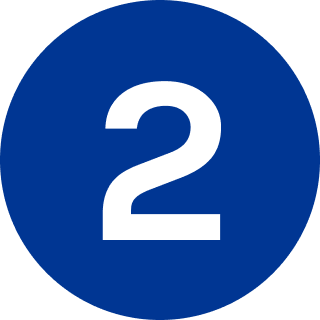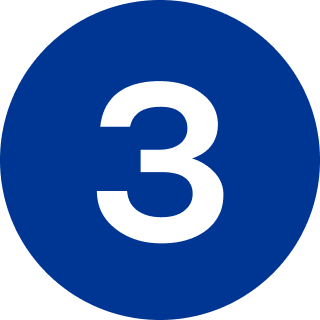
LEARN MORE
JANUARY 2025
What is your “why”?
Life involves making choices about what you do and how you do it. This affects the work you do, how you relate to others and your plans for the future. That’s why it’s important to know your “why” — the motivation, cause or belief that drives you toward your goals.
Looking for more? Find other articles below

Why your why matters
Studies have shown that when you discover your why, you can improve all aspects of your well-being. You may feel more physically, emotionally and financially healthy, resulting in better relationships and stronger social well-being. In fact, people with a clear why, or sense of purpose, tend to exercise more1, sleep better, have less stress and report greater relationship satisfaction2.
Not only can your why help improve your life, it can also improve the lives of others. Your why keeps you going when things get tough. It can help you be a more supportive coworker, a more caring provider for your family and a more engaged citizen in your community. Your why touches every corner of your life and, by extension, every person in it.
Finding your why
It’s often easier to identify your why with some help. Get guidance and support with six free counseling sessions from Resources for Living (RFL). Call RFL and work with a Care Partner to find a therapist that fits your needs, or use the new Alma online search tool to explore an expanded network of therapists. Browse the availability of therapists accepting new patients and filter by your preferences, including in-person or virtual, language or ethnicity, specialties and more. You can also use Alma to schedule as many free 15-minute consultations as you need to find the therapist that’s right for you.
3 steps to your why
Whether working with a therapist or on your own, these suggestions may help you get closer to defining your why.

Ask yourself questions to find your why.
Here are some examples to get you started:
- What are your passions or core values?
- Who do you want to help most in life?
- What impact do you want to leave on the world?
- What problem do you want to solve for?

Be kind to yourself.
Don’t judge your answers, no matter what. The kinder you are to yourself, the more honest you can be about what matters to you.

Write it down.
As you hone your why, write a short, simple statement that sums it up. It can be larger in scope or smaller and more focused. Feel free to write as many statements as you need to until one feels right. You can use this format to help you focus on what’s important:
“To ____ so that ____”
Here are some examples to get you started:
- To prioritize my family so that they can be healthy, happy and comfortable
- To seek new experiences so that I make the most of every moment
- To pursue my art so that I bring beauty and inspiration to others
- To serve my community so that I can make a difference in people’s lives
- To stay positive so that I can be a source of hope for others
You might find that your why becomes clear right away, or you might not. Discovering and living out your why is a life-long pursuit and it can change along the way. But knowing your why is worth the effort in its positive effect on your health, happiness and sense of belonging.
1Psychology Today. How creating a sense of purpose can impact your mental health.
2National Library of Medicine. Correlated change in sense of purpose and romantic relationship quality.
Sources:
Psychology Today. Ten powerful benefits of living with purpose.
LinkedIn. Knowing your why is the secret to success.
Masterclass. What is your why? 7 tips to finding your purpose.
Resources for you
- Resources for Living (RFL) offers support for your emotional and social well-being. Access six free counseling sessions, per person, per issue, per year. You can find a therapist by calling RFL or searching online through RFL or with the Alma online search tool. With Alma, you can schedule unlimited short consultations to find the therapist that’s right for you. RFL is available to you and your household members. Dependent children living away from home can use RFL up to age 26.
RFL.com/Costco | 833-721-2320 (TTY: 711).
- Resources for Living (RFL) offers support for your emotional and social well-being. Access six free counseling sessions, per person, per issue, per year. You can find a therapist by calling RFL or searching online through RFL or with the Alma online search tool. With Alma, you can schedule unlimited short consultations to find the therapist that’s right for you. RFL is available to you and your household members. Dependent children living away from home can use RFL up to age 26.
RFL.com/Costco | 833-721-2320 (TTY: 711).
- Resources for Living (RFL) offers support for your emotional and social well-being. Access six free counseling sessions, per person, per issue, per year. You can find a therapist by calling RFL or searching online through RFL or with the Alma online search tool. With Alma, you can schedule unlimited short consultations to find the therapist that’s right for you. RFL is available to you and your household members. Dependent children living away from home can use RFL up to age 26.
RFL.com/Costco | 833-721-2320 (TTY: 711).

